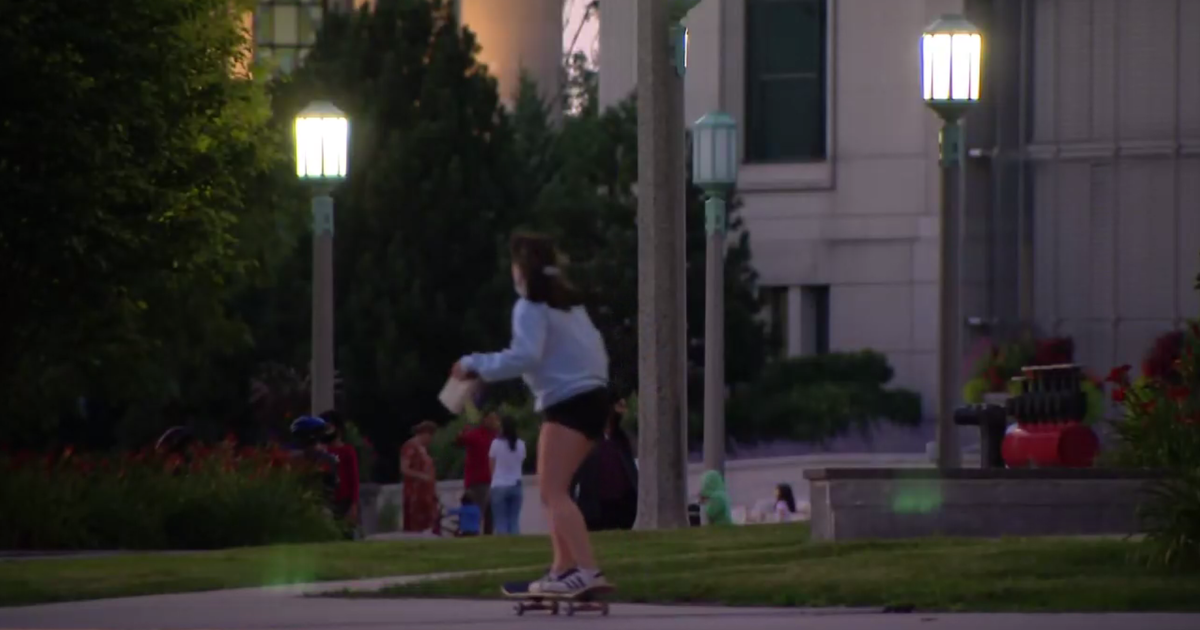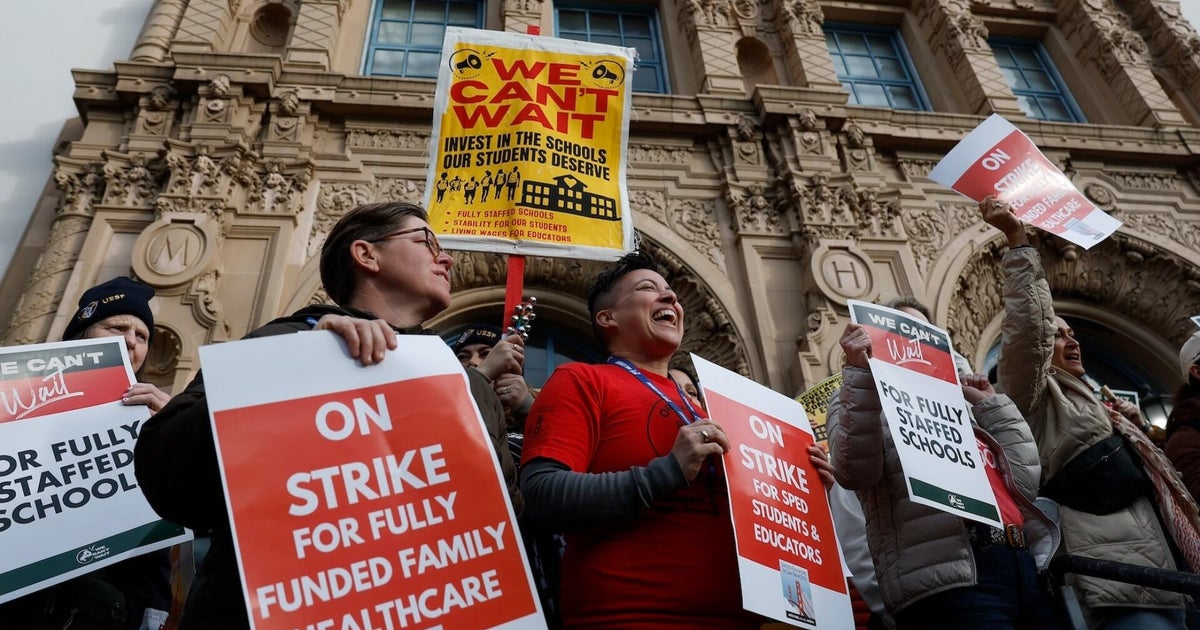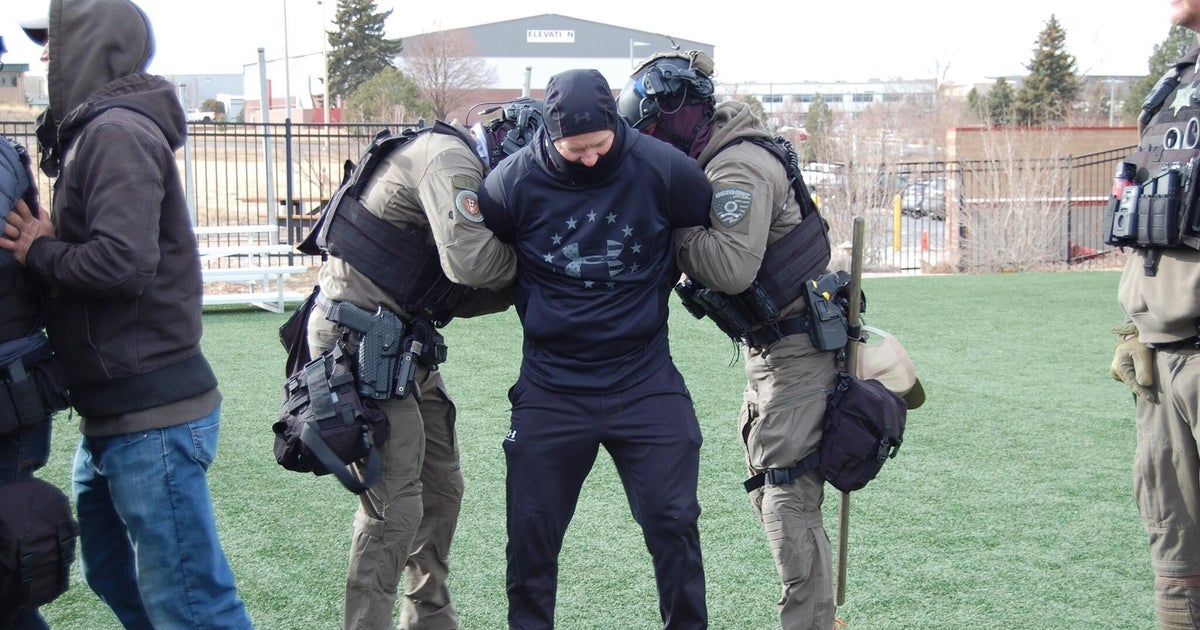Movie Review: 'Bully'
By Bill Wine
KYW Newsradio 1060
PHILADELPHIA (CBS) -- Bully for Bully. Here's a movie that truly matters and that offers a powerful emotional experience.
It's a documentary, not a horror film. But it might as well be.
School-related bullying -- a form of child abuse by other children that often involves not just humiliation but assault and, according to the film, affects 13 million US schoolkids each year -- is the focus of this urgent and harrowing exploration of a phenomenon that has for too long merely been accepted as part of childhood.
It's startling to see just how vulnerable so many young people are, how insufficient the caregiving they're getting, and how little accountability is built into the system.
What director Lee Hirsch (Amandla!) did was spend the 2009-2010 school year tracking the cases of five students, and their families, who faced daily bullying in schools in five states.
Two of them, Tyler Long and Ty Smalley, are unable to appear on camera because they eventually took their own lives as a result of their torment. Their grief-stricken parents are the interviewees.
Why are the kids under attack being bullied? Because they are seen as different in one way or another. Because they are outsiders. Because the ignorance and prejudice of bullying youngsters whom they encounter on a daily basis is rationalized or taken for granted.
Hirsch has made sure to maintain the point-of-view of the prey rather than that of the predators, so much so that he could have titled his film "Victim." But he has wisely made it impossible for sadistic oppressors in audiences to approach the film for all the wrong reasons.
And he vividly demonstrates just how difficult it is, first, for schoolchildren to fend off mean-spirited ridicule when they are victims of sustained physical and/or emotional abuse; and, second, for their parents to get satisfactory explanations or assurances from the authority figures they must turn to in the schools.
Hirsch, working from a script by producer Cynthia Lowen and serving as his own cinematographer, does not strive for objectivity. He serves as a provocateur.
Does he stack the deck with his choices of interviewees? Perhaps. But in this case, that's the point: not to be evenhanded but to sound the alarm for a problem that we might actually be able to do something about.
As the tagline in the film's marketing campaign puts it, "It's time to take a stand." And that's what the film does, offering intensity without overstating its case.
The controversy surrounding the film began when it was rated 'R' by the MPAA, because of language throughout the film, especially in scenes of verbal intimidation. That 'R' would have kept many members of the film's target audience from seeing it -- or, at least, made it more difficult.
Fortunately, an accommodation was reached and the film is now rated PG-13, which makes much more sense because this is a movie that virtually all young people should see. Older folks as well, because what's on display here isn't just the cruelty of youthful individuals but the limitations of schools and society that either foster or allow it.
To say nothing, by the way, of cyber-bullying, a related subject that the film more or less ignores, but one that comes to mind as we watch and realize that the kind of bullying on display becomes an even easier fire to stoke in this era of accessible technology and social media.
This is a dizzyingly complex issue and no easy solutions are forthcoming. But Hirsch's film at least begins a dialogue, poses provocative questions, and makes it personal rather than political.
Not only does the film deserve as wide an audience as possible, it seems like it should be required viewing for tweens and teens.
So we'll take a stand for 3½ stars out of 4 for Bully, a troubling and sometimes heartbreaking documentary. And maybe a first step in solving a sad and insidious problem.







